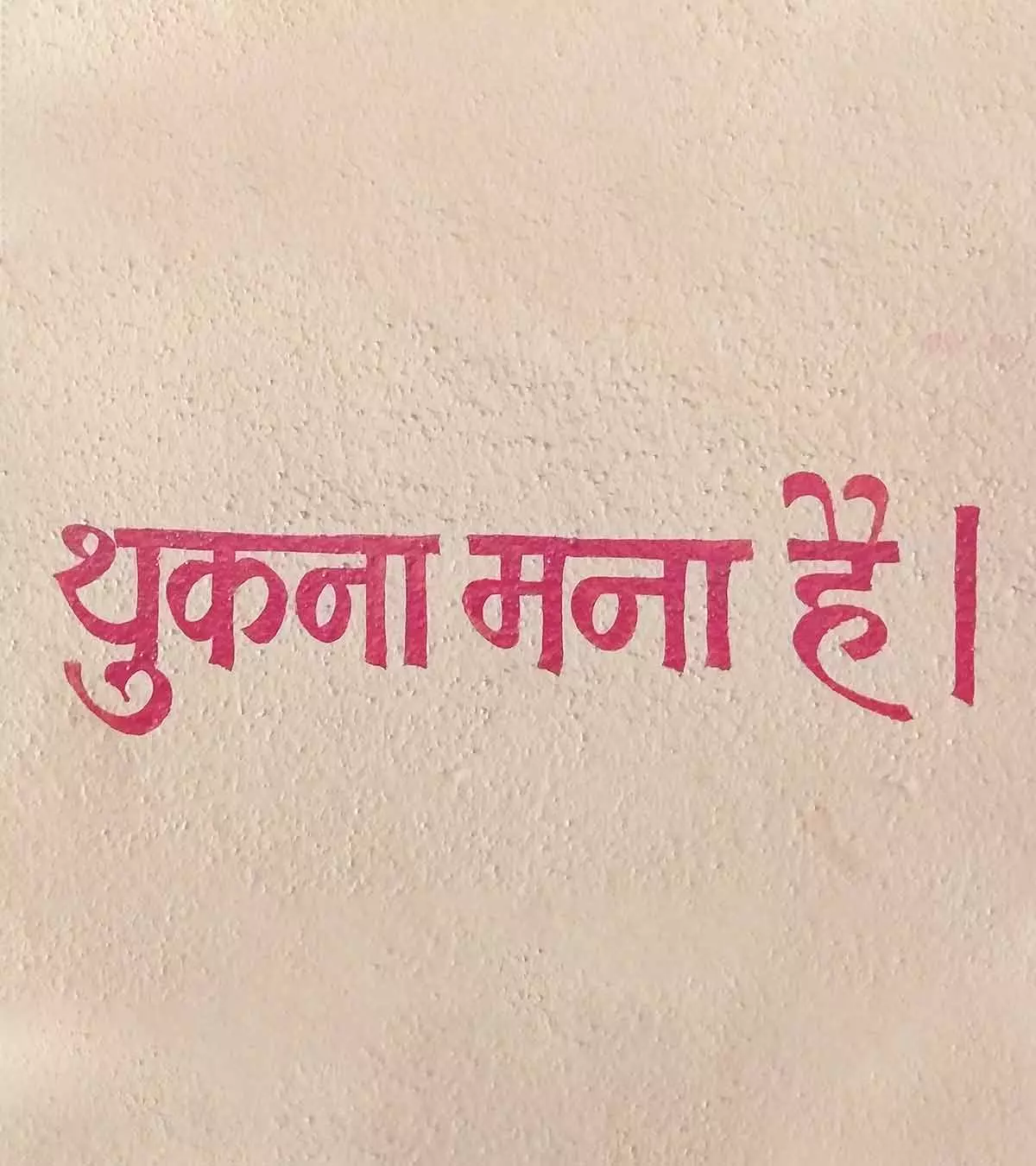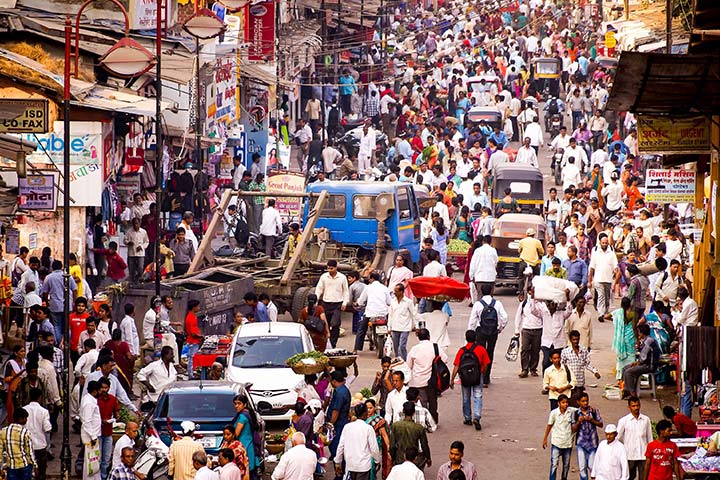
Image: Shutterstock
We have shown the world that India is not a land of snake charmers. We are capable of more, and we display great prowess in many a field. From the uprise of the IT sector to launching ambitious space missions, we have come a long way. The quality of life, literacy, and health have also improved to a great extent. Yet, in some aspects of life, there is room for improvement. Public hygiene is one such aspect. Particularly, spitting in public.
A report by a leading news portal on spitting in India explains how India may be only one member of “the global spitting fraternity”, but we might as well be “the Big Brother”. This accurate-sounding description alludes to the dirtiness of the already messy Indian roads. Spitting in public poses health hazards and is an act that can be seen as anti-social. As if there were not enough health risks from this derelict habit, we entered the year 2020 with a brand new virus outbreak. COVID-19 (Coronavirus) is a disease that can be transmitted through respiratory droplets, contaminated surfaces, and close contact with an affected person (1).
The World Health Organisation (WHO) recently declared the COVID-19 a pandemic. This means that the disease has spread and continues to spread at a rapid rate. Health care professionals and governments all over the world are struggling to stop the spread and contain the disease.
Many Indian states have had laws in place, aiming to curb spitting in public. These have so far been mostly ineffective, except for a few states. Gujarat is now planning to follow suit and is planning actions to ban spitting in public. The idea is to penalize spitting because it could be a cause of coronavirus spread.
Currently, there are no identified cases of coronavirus in Gujarat. Bureaucratic delay or not, one must wonder why an Indian state took so long to take measures against a public nuisance such as spitting. At this juncture, we do not know how much damage can be caused by our everyday habits that we should have done away with a long time ago. For example, spitting and public urination is still a common occurrence, even in India’s metros. That being the case, how much these laws can prevent people from spitting is a question to which nobody has an answer.
Coronavirus is causing panic and fear at the global level. Most of the countries, especially most of Europe is in a shutdown in response to the pandemic. As of now, India has over 160 active cases of coronavirus (2). Negligence and patients opting for Discharge Against Medical Advice (DAMA) pose a severe threat to public health.
The Health Ministry of India issued a notice proposing social distance as a precautionary measure against the spread of the disease. It says that social distancing is a non-pharmaceutical infection prevention method that can be implemented to avoid contact between those who are infected and those who are not, “so as to stop or slow down the rate and extent of disease transmission in a community.”
According to the advisory, the proposed interventions include the closing of institutions, and private sector ventures are encouraged to allow employees to work from home, as well as large social gatherings and social activities are discouraged.
In the issue of spitting, governments and municipalities need to take stringent action, taking into consideration the unsanitary nature of the act. That said, in our eyes, sometimes the bad outweighs the good. Yet, if we don’t have faith in our fellow citizens, there may not be much hope left for us. Right now, we may be a country dabbed with spit. Let’s hope, on a radical measure, that our future is filled with better mannerisms and hygiene.














